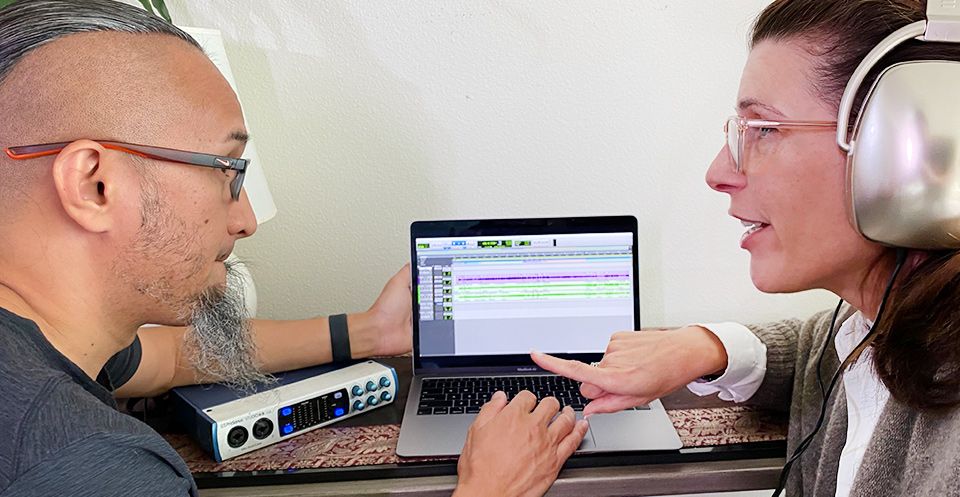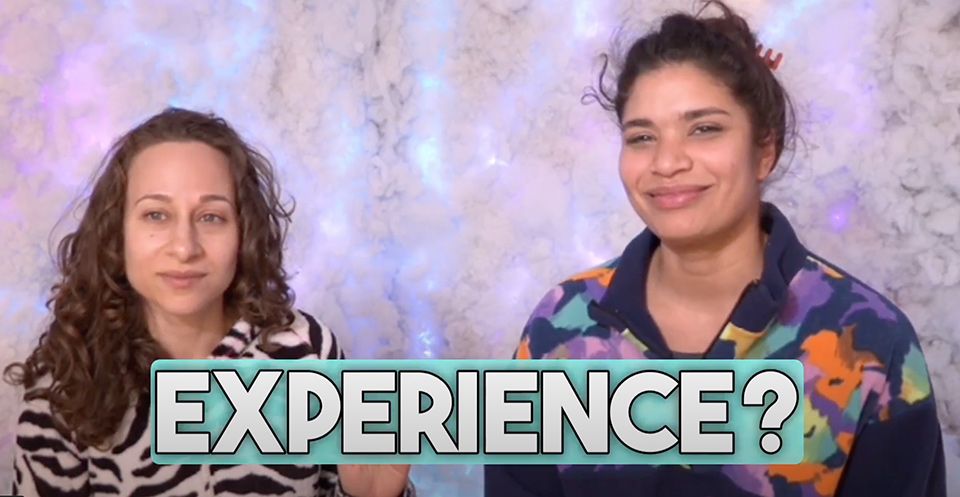Maria Shriver's Sunday Paper

I feel so incredibly proud and of service to be one of the inspirational voices on Maria Shriver's channel. Much thanks to Sunday Paper for supporting the making of meaning that I have done with my journey and with the intention of lifting up many.
How to Communicate with Someone Who Is Hearing Impaired
Although there may be hearing impaired persons around, you may not always know who they are. Elizabeth Krasnoff walks us through.
I am a hearing-impaired person, who has spent a lifetime coping with hearing loss. As a result of engaging with this loss, I became a sound practitioner, singer, and sound researcher. Excavating the information around hearing loss and communication has been a healing process for me.
Hearing loss can be lonely and isolating. I recently dedicated my doctoral dissertation to my hero Helen Keller. She survived the triple alienation of the loss of sound, sight, and speech, and victoriously learned to connect to the world around her—and most importantly to herself.
We all have this journey from alienation to reconnection in our lives in some way. Therefore, it is important to connect and seek connection. Successful communication can only happen when all people are fully involved in a conversation. That makes hearing loss an invisible disability. Although there may be hearing impaired persons around, you may not always know who they are. You may assume that a hearing-impaired person is ignoring you if they don’t respond when you speak. Take courage and repeat yourself— they may not even know that you are talking, especially if the environment is noisy.
Here I offer some simple tips on communicating in-person with the hearing-impaired people in your life.
- ) Face the person. If possible, sit or stand at their level and make sure that you are in good light. See that the light is shining on your face, rather than into their eyes. This allows them to see your expressions. The hearing-impaired person can often understand what a speaker is saying by watching their mouth and face. Speech reading (also called lip reading) is a building block that helps a hearing-impaired person understand spoken words. About 40 percent of the sounds in the English language can be seen on the lips of a speaker if the conditions are right.











